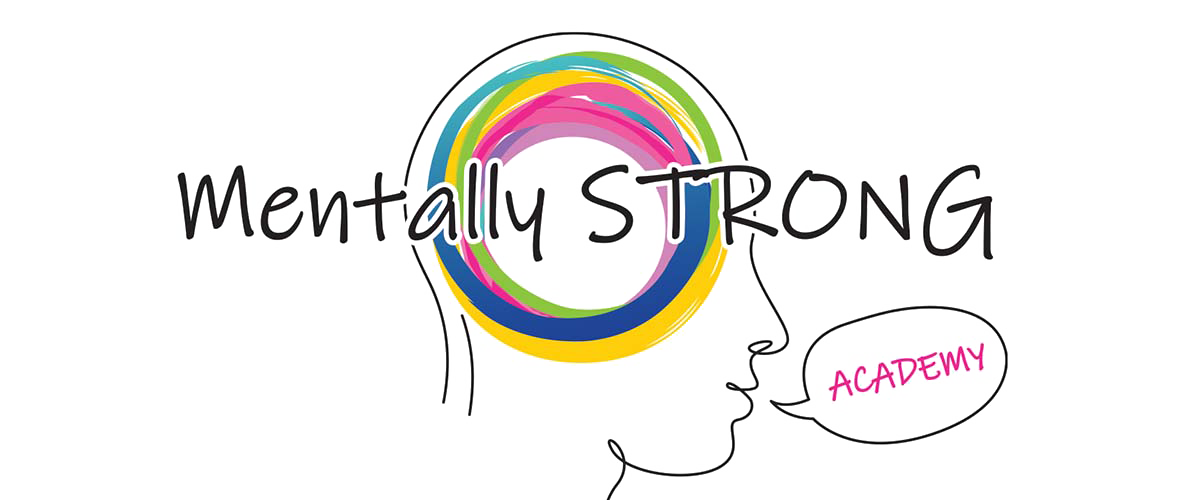How to treat an Intellectual Disability?
A diagnosis of an intellectual disability brings about many questions, but often the most prominent is: how do you treat an intellectual disability? Unfortunately, this is a complex question because not everyone’s intellectual disability presents in the same ways. Keep reading to understand the variety of ways an intellectual disability can be treated.
What is an Intellectual Disability?
An intellectual disability is classified as a Neurodevelopmental Disorder within the DSM-5. These types of disorders are evident within children. Intellectual disabilities are not all the same. In fact, the DSM-5 categorizes intellectual disabilities as mild, moderate or severe.
An intellectual disability is generally diagnosed and defined via a neuropsychological test. Within this test, there is an IQ test component that helps diagnose the patient. Those individuals that have a score of 70 or below are considered to be intellectually disabled. For comparison, the average IQ score is around 100.
What are the symptoms of an Intellectual Disability?
Symptoms of an intellectual disability may be difficult to see at first, but children that experience the following symptoms may have an intellectual disability. These symptoms can generally be observed starting at the age of five but may present sooner or later.
Symptoms include:
- Trouble speaking
- Slow to understand new concepts
- Trouble solving problems
- Crawl or walk later than other children
- Find it hard to remember things
How to treat an Intellectual Disability?
There is no cure for an intellectual disability. Instead, treatment focuses on modifying their education to accommodate their ability. This modification allows for each individual to reach their full potential. Generally, those that have a diagnosis solely of an intellectual disability do not see a psychiatrist unless other problems arise.
Treating Intellectual Disability and Comorbid Diagnoses
Oftentimes, an individual may be experiencing comorbid conditions. Comorbid conditions are diagnoses that appear together. For example, a child may be diagnosed with an intellectual disability and a mood disorder. These types of diagnoses are able to be treated through The Mentally STRONG Method. Cognitive Behavioral Therapy may prove difficult for some individuals diagnosed with an intellectual disability but through modification and a customized process, individuals are able to achieve their full potential.
How can The Mentally STRONG Method help us?
Through The Mentally STRONG Method, we can achieve our full potential. If experiencing a comorbid diagnosis, know that Mentally STRONG is capable of effectively treating these patients. Mentally STRONG is a place where we can all seek professional help, find support and learn to grow into our full potential.
Register for The Mentally STRONG Method as your first step towards treating an intellectual disability.


